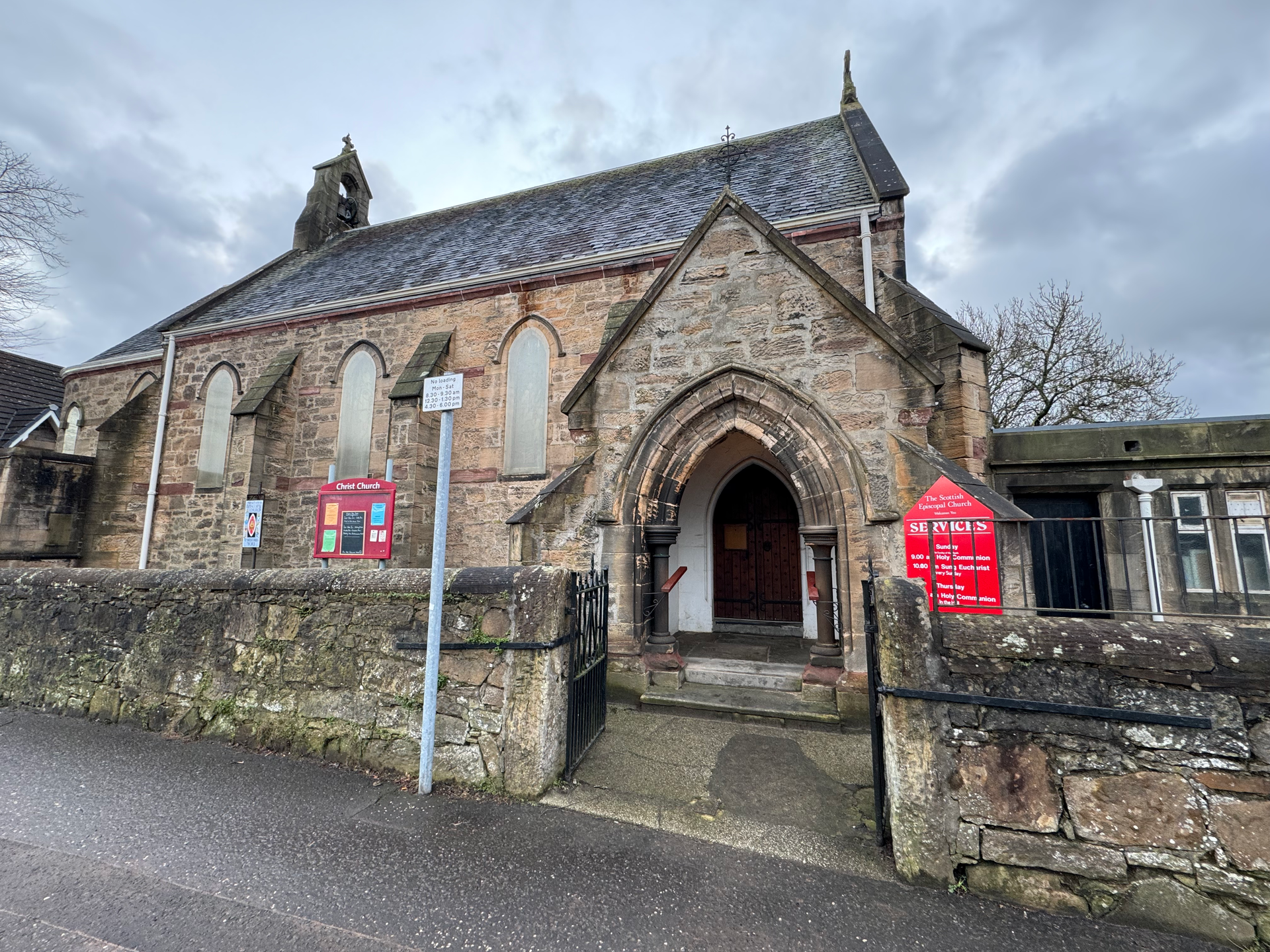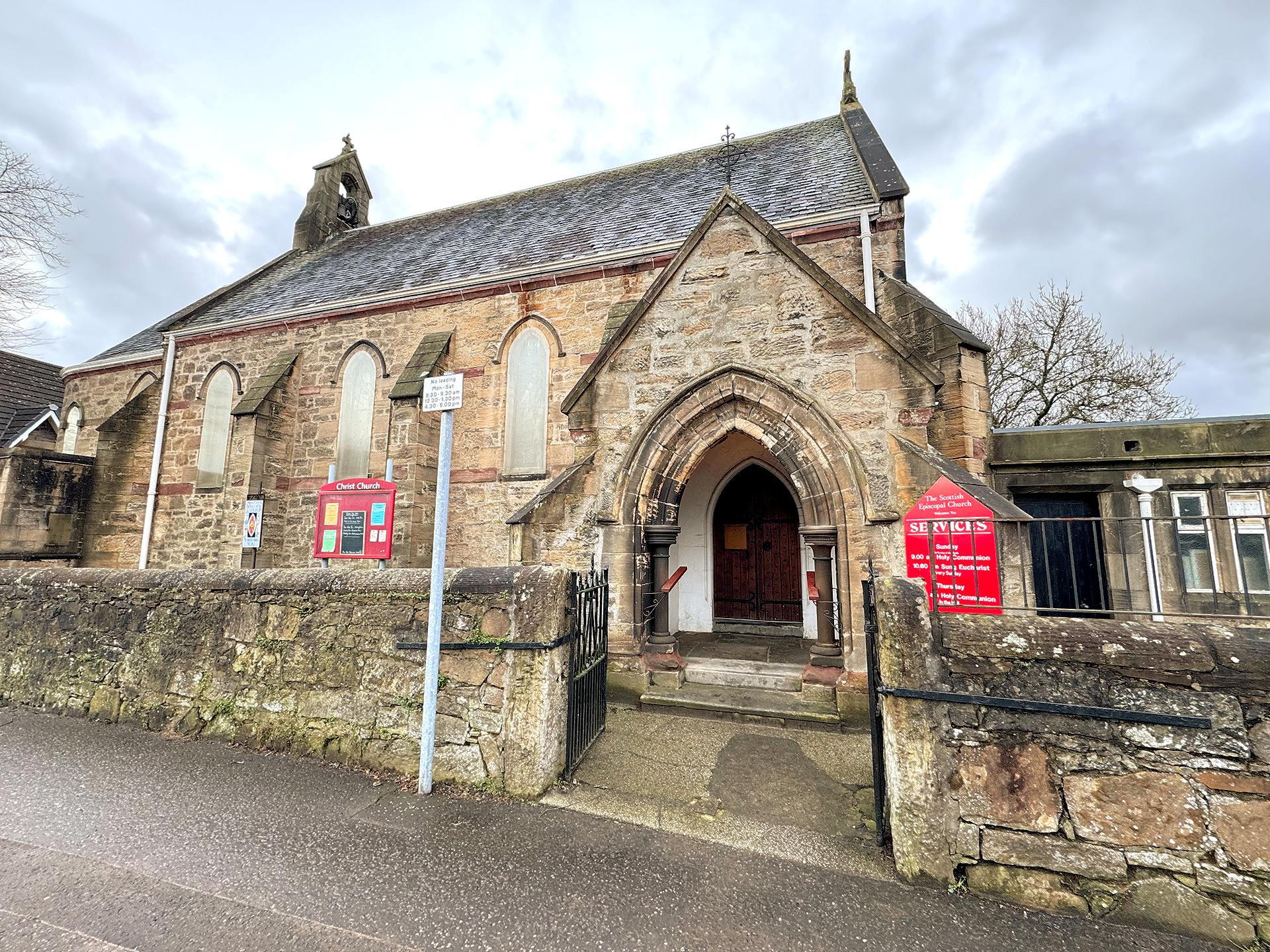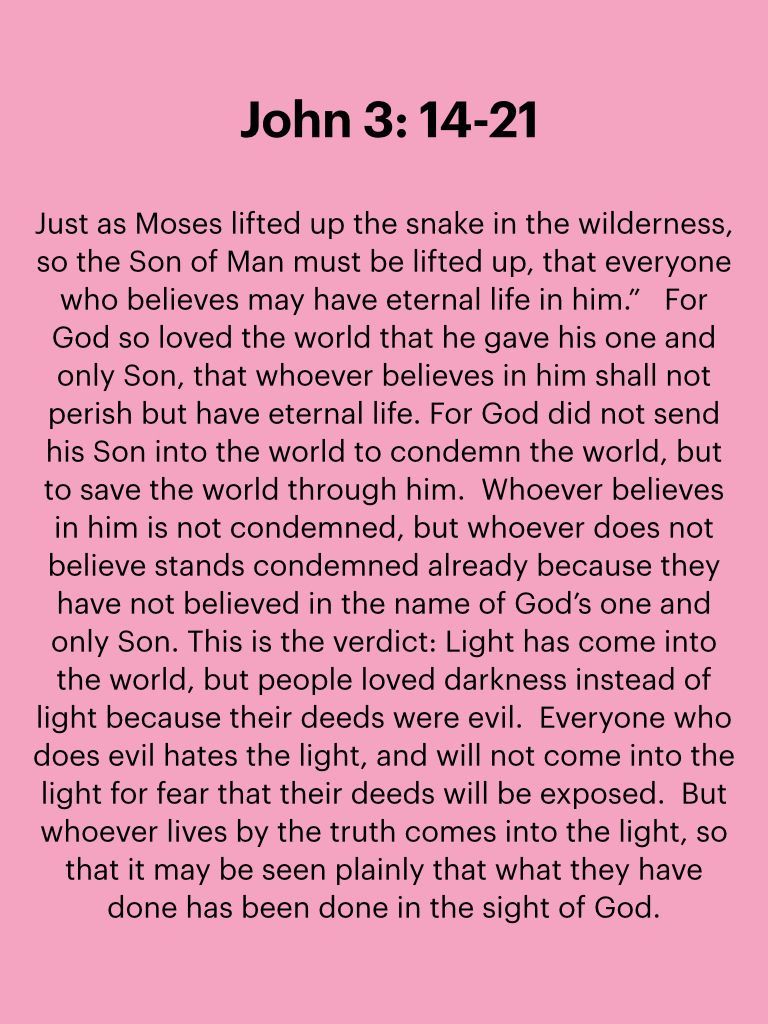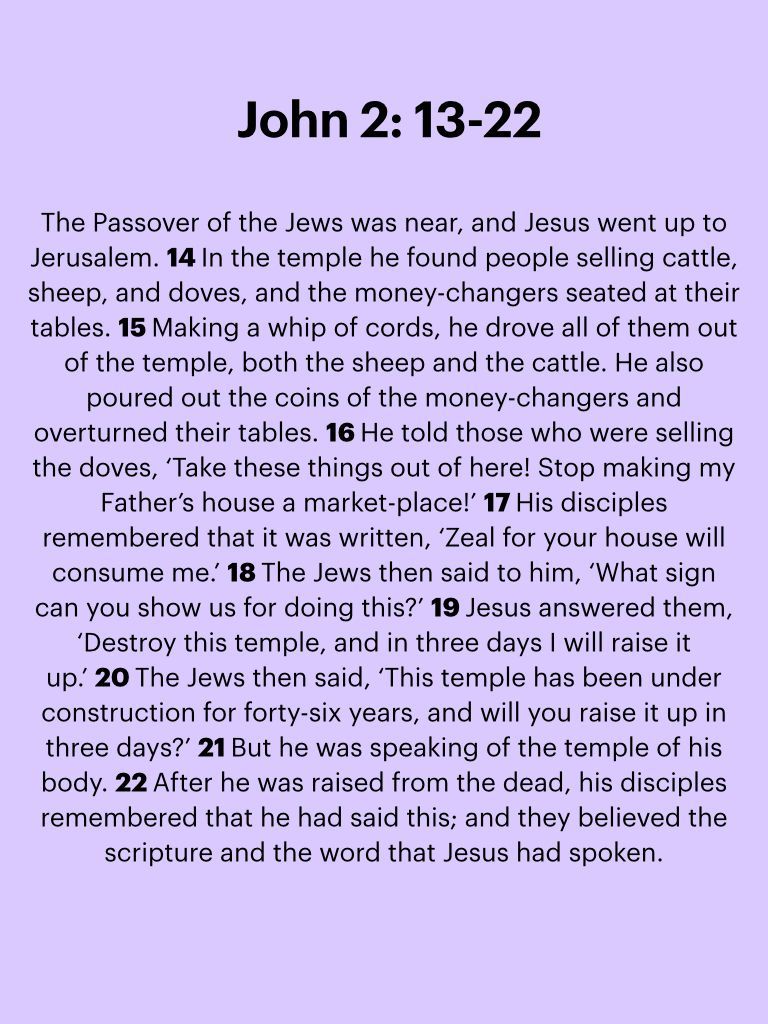Sunday Sermon
Each week Rev. Sarah Shaw will post her Sunday Sermon and the readings from that week.
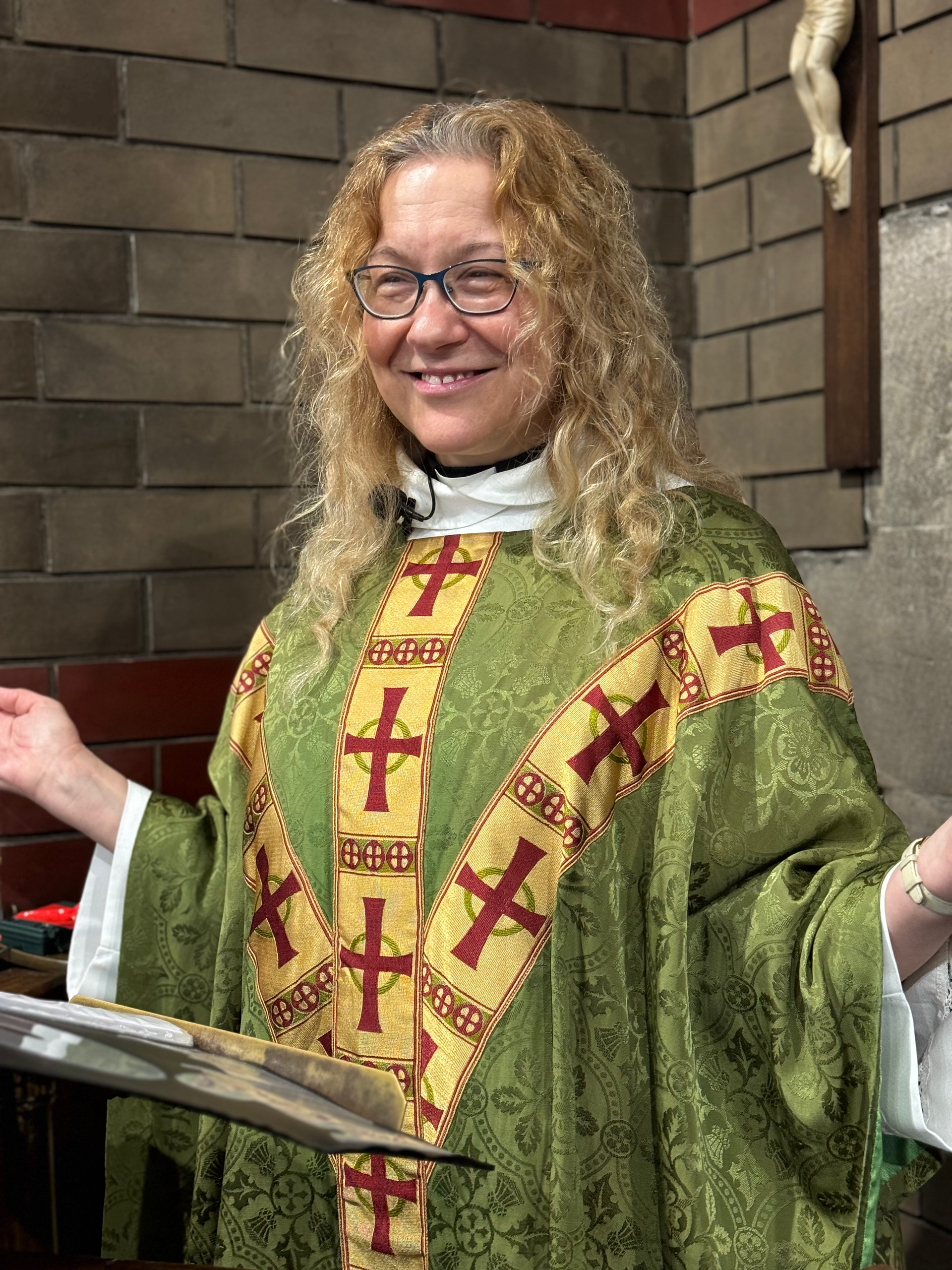
What is fair, What is right?
I was trying to think of a good way of tackling today’s Gospel so I told the story to my boys. I asked them what they thought of the fact that the ‘boss’ of the vineyard gave the same amount of pay to his workers regardless of how long they’d worked that day. ‘It’s unfair,’ they both said. ‘Well, what can I do?’ I said, ‘that’s what we’ve got!’ One of them suggested - just phone up the Bishop and tell him you’re not doing that one! And another suggestion was - just choose another reading altogether! And finally – just change the ending, so that all the workers got the ‘right’ amount of pay instead of all the same...
There is no cosy children’s talk for this week’s Gospel. The story is not fair – and I don’t think anyone of us would say it was ‘fair.’ It’s not ‘fair’ - but it might be ‘right.’
Let me explain. According to the world’s values those who work hard and do well get rewarded. That’s a given. You’ll hear politicians of different parties talking about the interests of ‘hard working families’ and that’s what that is all about. There is a kind of fragile understanding about this – it’s taken as given. But it is fragile at best, nonsense at worst. The world does not really work like that.
Sometimes it appears to – movies and books are full of rags to riches stories, where someone works hard and does well. We like those stories– sometimes they’re even based on real life! But the reality of the world is that some people are born with absolutely everything stacked against them. They may like in a country like Senegal, where rising temperatures and decreased rainfall due to climate change means it’s becoming impossible to live there. And the increased heat in the atmosphere scientists have said, will lead to increasingly volatile storms and floods affecting low lying places on earth most severely, and often the poorest more severely (it’s hard to raise millions to build flood defences as they’re planning in Grangemouth, when your country has little money and little infrastructure). Senegal is, of course, an agrarian country, responsible for very little of the world’s carbon emissions.
So that’s on a world scale. But closer to home, here in this community, there are people who have very hard lives. They may not be able to work because of a disability. They may be a 24 hour carer for someone. They may be on low pay and unable to pay their bills. Life is really hard for some people – people we know.
As people, then, we don’t start on a level playing field. Things are already ‘not fair’ depending on the circumstances people are born in or find themselves in. So although it may be deemed ‘fair’ that those whose work is most valued by society get paid more than those whose work is not valued so much - is it right?
It’s fair in a very narrow way; if, in fact, we’re talking about entitlement. The problem with entitlement is that those who have a sense of entitlement are not necessarily willing to share with others. That isn’t right! In the Gospel reading the workers of the vineyard who had worked all day had a strong sense of entitlement to more than the workers who had only worked a few hours. But was it really the fault of the workers who’d worked less hours that they’d only been able to work a few hours? They simply hadn’t had the chance. And let’s take it further. What if they’d done no work at all because they couldn’t – should they have been allowed to starve? We only have to put ourselves into their place to see that that would not be right.
So while on the face of it, the parable seems unfair, when we’re prepared to grow up in our Christian faith we stop seeing it as children – ‘it’s unfair!’ - and instead start to see it as God does. In Paul’s letter to the Ephesians he writes that Christians should ‘mature to the full measure of the stature of Christ.’ We can’t stay as children saying ‘that’s not fair’ but instead, pray to see things through God’s eyes to know what is right. When we see things through the eyes of Jesus we see that none of us, in fact, get what we deserve. His grace is more than enough for each of us, and none of us can get to heaven quicker, or easier, by working harder at being a Christian. But we can bless others by being prepared to grow up - to have our assumptions and worldly values challenged.
In this season of Creation tide we’ve been thinking about our calling as Christians to ‘work for justice and peace, honouring God in all creation,’ as the Baptismal promises put it. In the Deuteronomy reading we heard the words of God as received by Moses to God’s early people. ‘Be grateful for the good things that the Lord your God has given you and your family; and let the Levites and the foreigners among you join in the celebrations.’ Time and time again in the Old Testament we find that God’s people go wrong when they forget those in need– including the strangers among them. They may not be entitled to anything in the world’s eyes, but in God’s eyes, everyone is of equal value.
As Christians we’re not called to put our immediate families first, but to consider everyone – neighbour, friend and stranger - just as precious as our own family members. It’s a tall order – again, it might not seem necessarily fair – but it is right. Where the world would say, charity begins at home, we’re called to look beyond our family groups and care for those we encounter, near and far, in the ways God will show us if we ask him. ‘Hard working families’ may get a lot of press and be held up as the ideal, but Jesus asks us, ‘Who are my mother, and my brothers and my sisters? Those who do the will of the One who sent me.’
Our pursuit of justice and peace, honouring God in all creation, should be our daily concern. Looking after others, giving generously, making sacrifices to care for creation better. You will know yourself what you need to do – and if you don’t, bring it to God in prayer. What is God asking of you? Reviewing your charitable giving? Not buying new; choosing second hand items to buy? Walking or taking public transport rather than taking the car? Deciding to stay at home instead of flying abroad? Eating much less meat; buy fair-trade or local? Giving regularly to the Foodbank? Educating our friends and family on how to live more sustainably? And – sorry to plug this! - becoming informed on the climate crisis by attending events such as the one we have coming up on 29th September?
Can we, rather than make sure we get what we think we’re entitled to, open our eyes to those around us and help support them, even at cost to ourselves? Can we decide enough is enough? In the words of Christian Aid, Can we live much more simply, so that others can simply live?
